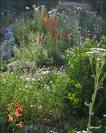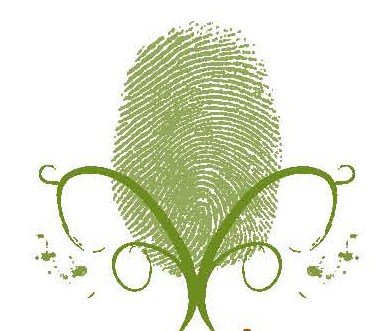 Native Gardens Native Gardens
Planting
of native plants is recommended. Native plants need less water, provide
wildlife
habitat, help prevent erosion and stabilize banks. Four
easy steps to preserve wildlife in your area include providing food, water, cover,
and places to raise young. 
The Oregon
Department of Fish and Wildlife publishes a book, "Naturescaping,
a Place for Wildlife." Plant
lists and sample landscaping plans are included in the book. For
more information visit www.dfw.state.or.us/naturescaping. Naturescaping
is a term used to describe planting a plot of land so that it is environmentally
friendly to people and wildlife. Landscaping with native plants means
reduced maintenance, little or no fertilizing, and less watering, clipping,
mowing and weeding over time. Several years ago, PADL collected orders
for the book.
The
Oregon State University
Master Gardeners http://extension.oregonstate.edu/mg/ are
a great resource.
Another website about gardening is http://extension.oregonstate.edu/gardening/.
The
National Wildlife Federation certifies landscapes - https://secure.nwf.org/gardenforwildlife/certify
Join the thousands of wildlife enthusiasts across the country who have
been recognized for creating havens for neighborhood wildlife in their
very own yards. These individuals have provided the essential elements
for healthy and sustainable wildlife habitats and have earned the distinction
of being part of National Wildlife Federation's Certified Wildlife
Habitat™ program.
All you need to do is provide elements from each of the following areas:
* Food Sources - For example: Native plants, seeds, fruits, nuts, berries, nectar
* Water Sources - For example: Birdbath, pond, water garden, stream
* Places for Cover - For example: Thicket, rockpile, birdhouse
* Places to Raise Young - For example: Dense shrubs, vegetation, nesting box,
pond
* Sustainable Gardening - For example: Mulch, compost, rain garden, chemical-free
fertilizer
Need help? Call 1-800-822-9919 or email info@nwf.org
The Oregon Coast Aquarium site is a certified habitat with the National
Wildlife Federation. Visit
the Oregon Coast Aquarium in Newport to view the native plants
along the nature trail. www.aquarium.org
Home
Blue
Green Thumb Watershed Education Program -
A program of the Preservation Association of Devils Lake (PADL)
Copyright © 2003-2010 Preservation Association of Devils Lake (PADL)
All
rights reserved.

P.O. Box 36
Lincoln City, OR 97367
PADLsteward@wcn.net
www.devilslakeor.us
|

